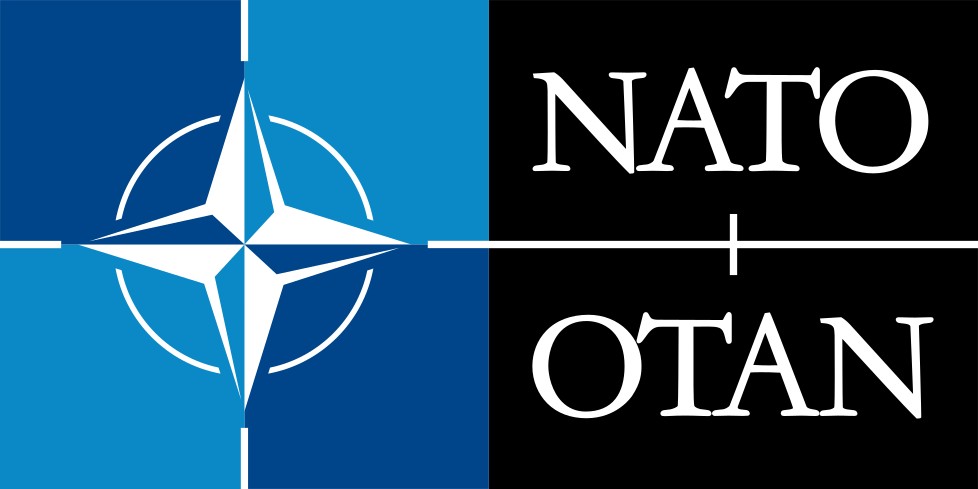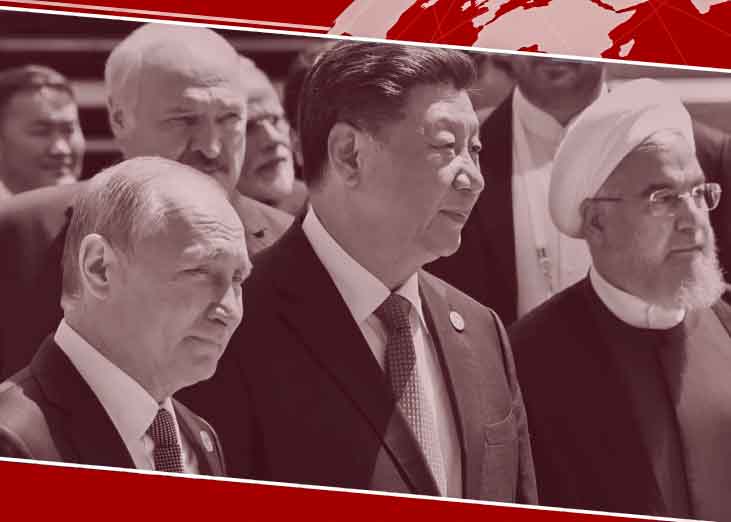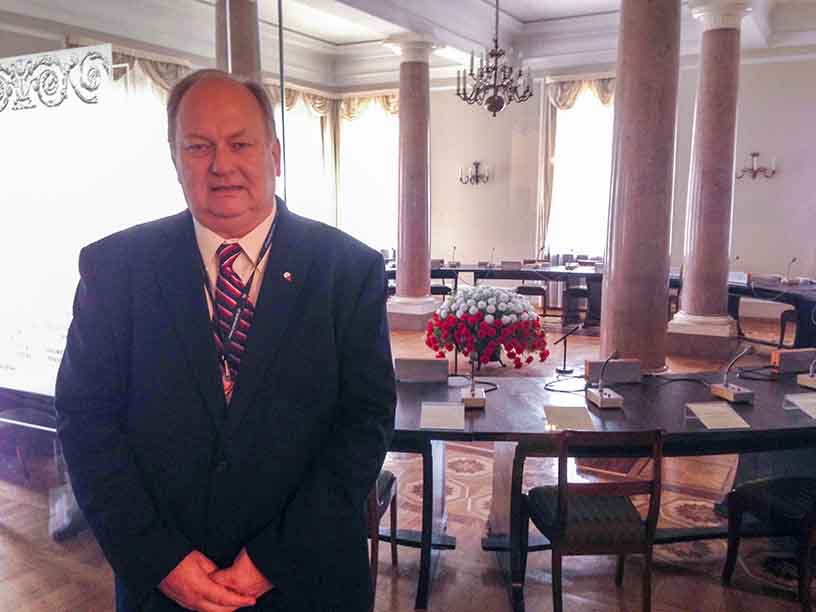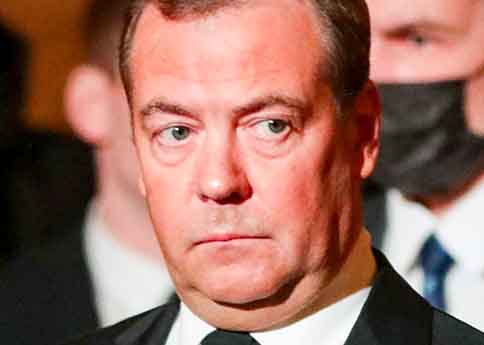A meeting on the support for Ukraine was held at the Elysée Palace with the participation of heads of state, heads of government, and ministers from 28 countries. Poland was represented by President Andrzej Duda. There would be nothing strange about it, if all media reported this event in a consistent way. However, to the surprise of many careful observers, the statements of the Prime Minister of Slovakia and the Prime Minister of Greece diverged from the report.
Robert Fico said that "several NATO and European Union members are considering sending troops to Ukraine." This would mean joining the war with Russia. At the same time, the Prime Minister emphasized that Slovakia will not send a single soldier to Ukraine.
Greek Prime Minister Kiriakos Mitsotakis said that some countries — including Poland — planned to send their troops to Ukraine. These are the NATO countries that are to operate under bilateral agreements with Ukraine.

Photo: wojsko-polskie.pl
This case sparked a lot of discussion in Poland. The topic was commented on by Gen. Waldemar Skrzypczak: "The entry of any NATO member into Ukraine will amount to a full-scale conflict and the outbreak of World War III." French President Emmanuel Macron commented on these reports as follows: "the sending of Western land forces to Ukraine in the future should not be 'excluded'," although at this stage "there is no consensus" on this matter.
In the United States, the American Polish community wrote an open letter aimed at expressing strong opposition to sending Polish troops to Ukraine. It would seem that this letter would not raise any doubts, because the Polish diaspora once lobbied extremely effectively for Poland's accession to NATO. The way in which the Polish media and some representatives of Polish diplomacy refer to this letter raises questions. Even though it is written for clearly anti-war reasons, it does not exempt us from reflection on the preservation of the national substance. That's the minimum. Mularczyk is the author of a report on Polish war losses. And the rebuilding of the elites continues to this day. Can we afford another such suicidal step? That's what this letter is about. When will we Poles learn to think in a way in which Polish interests motivate our actions?
Yet part of the democratic representatives of the Polish diaspora and part of the hard core PiS electorate are against this letter. Hanging above all this is the issue of the US presidential election. Someone really doesn't want to lose this election. Donald Trump's victory also opens an unpredictable aspect of politics in Central and Eastern Europe. Negotiations with Putin may end very badly for us. Especially since we will not be at the negotiating table again. It cannot be ruled out that the issue of an extraterritorial corridor will arise again, this time from Belarus to Konigsberg. Both variants of the situation in the United States are not favorable to us. Do we have any options for action?
10 million American Poles constitute 3% of the US population. This is a great political and financial power that cannot be tapped by the Polish elites on the Vistula River, who — in order to hide their incompetence — have created a narrative about the quarreling Polish community and have stopped cooperating with it. For 30 years, the Warsaw elites were unable to make any effort towards political cooperation with the Polish diaspora through the creation of Polish lobbying.
The conflict in Ukraine is slowly burning itself out. There is no ammunition and no way to relieve the Ukrainians. Hence the idea of introducing new soldiers into the conflict. The price of this, as General Skrzypczak says, is very high. All we have to do is train and arm ourselves at lightning speed. Build shelters and fortifications as is done in the Baltic republics and Finland.
While writing a letter to President Duda and Prime Minister Tusk, an idea emerged to create an open fund in Poland for the reform of the Polish army, where 20 million Polonians from around the world could donate any money for the development of the army and the purchase of military equipment, as it was done in times of fighting. for Polish independence. It was the American Polish community that financed the Blue Army, but no one in Poland remembers about it.











